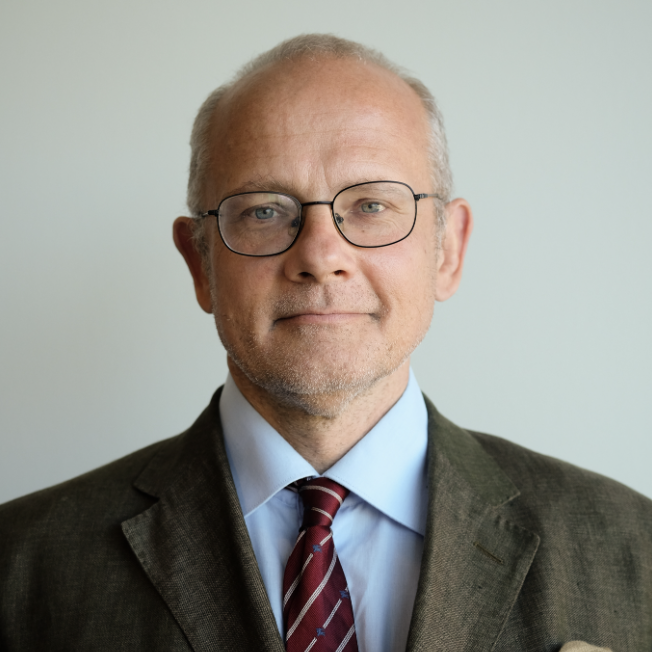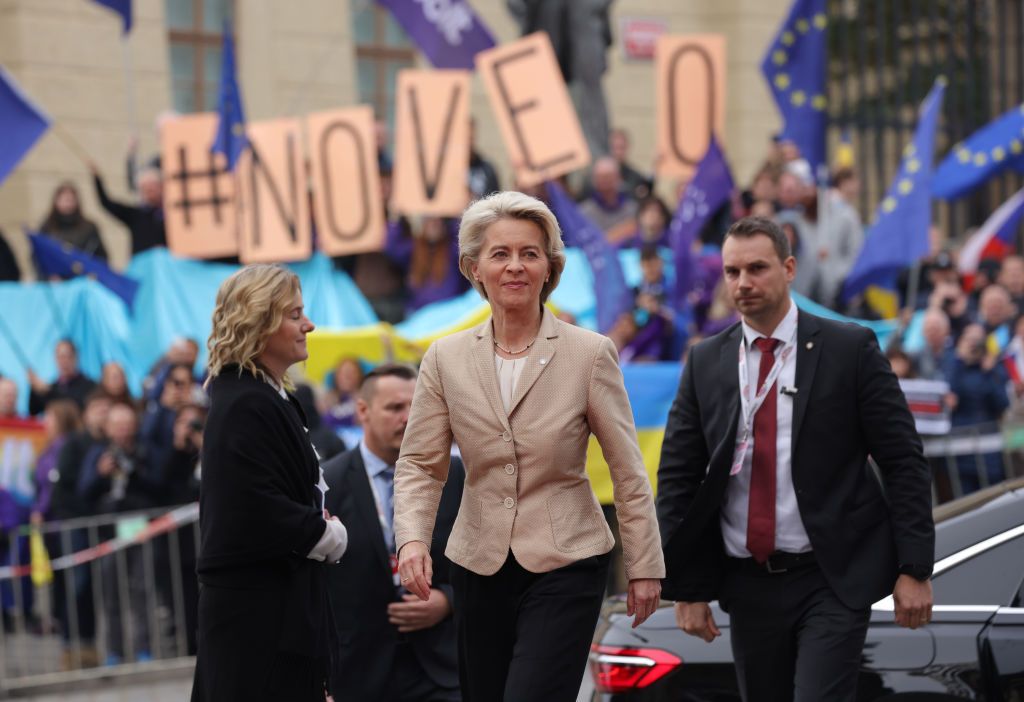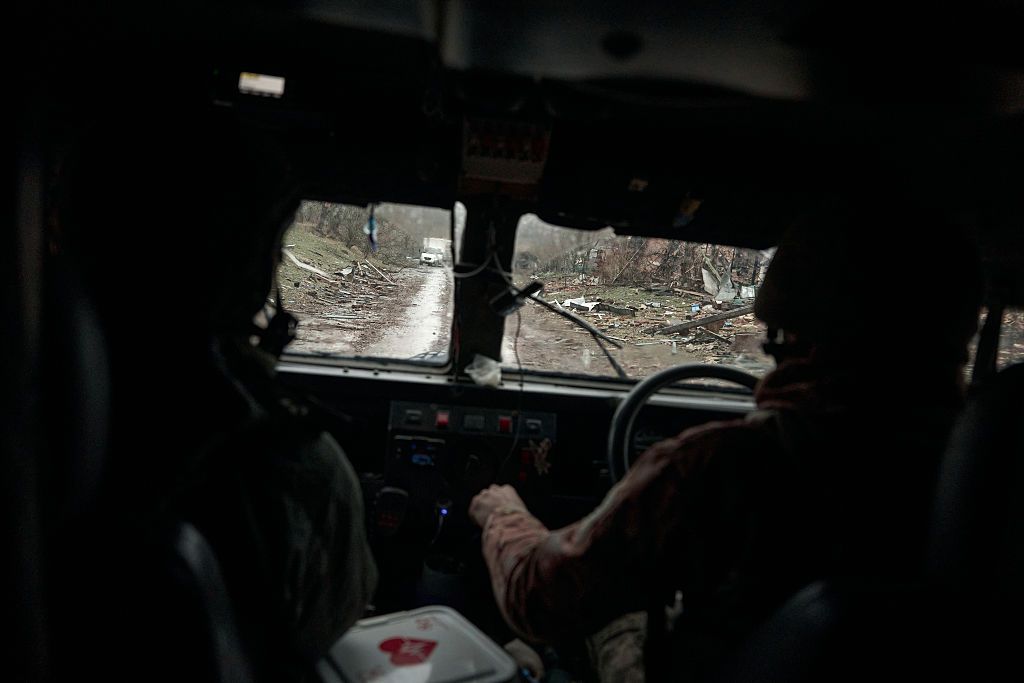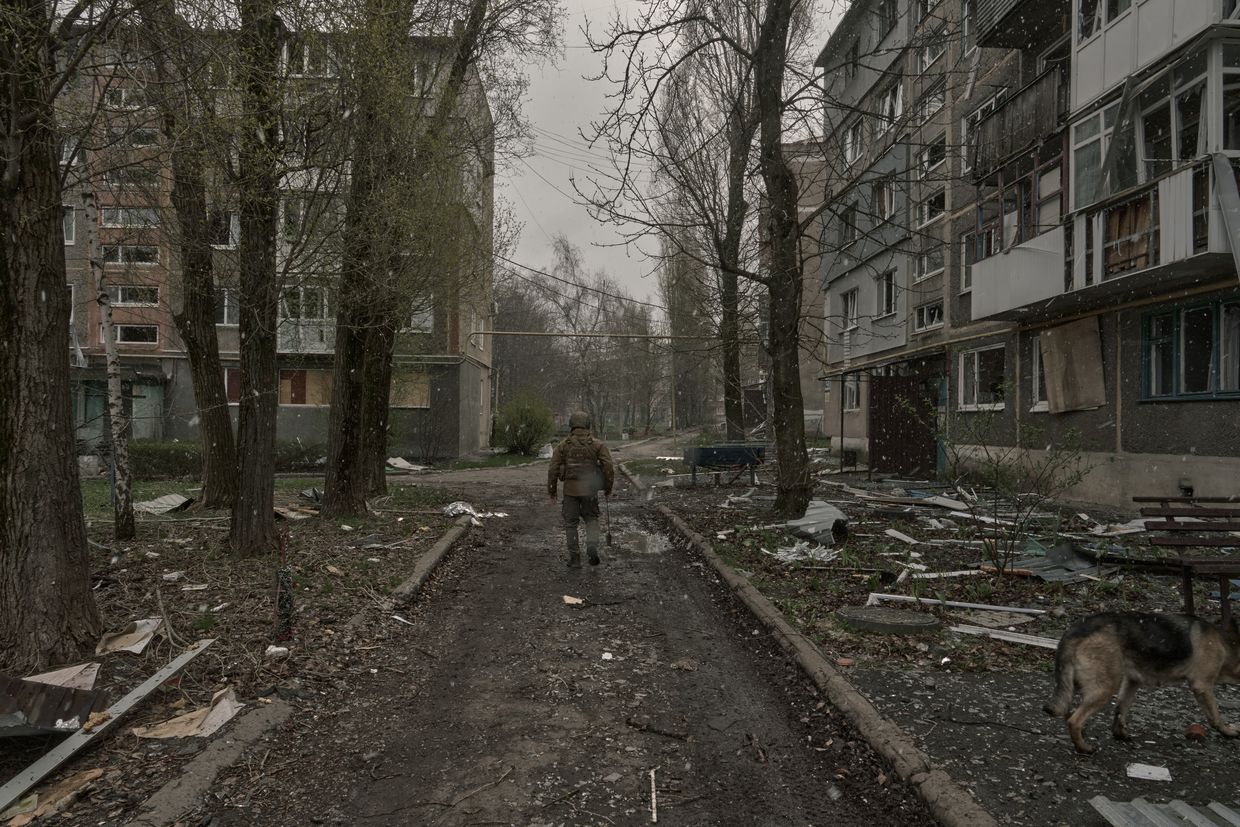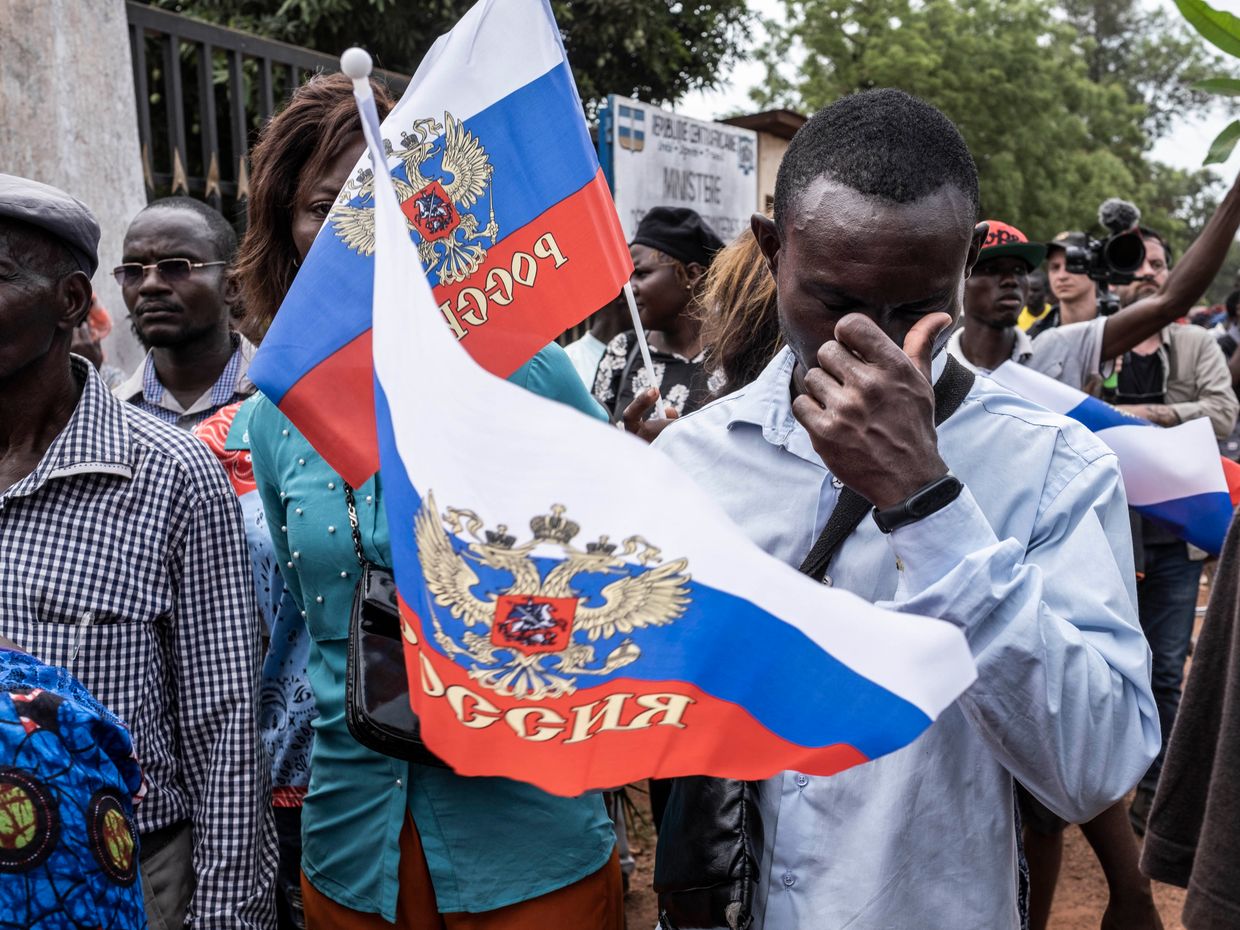Russia’s war against Ukraine and the political turmoil that has since enveloped Europe indicate a need for more than a cosmetic change to improving the European Union’s relations with its non-EU neighbors. Brussels’ earlier approaches have proven insufficient to lessen the tensions in Eastern Europe that led to war. Russia’s ongoing war too calls for novel approaches to save Ukraine from annihilation and the European Security Order from destruction.
There are already several transnational structures that tie the EU with Europe’s non-EU states, including older institutions like the Council of Europe (CoE), the Organization for Security and Co-Operation in Europe (OSCE), the European Economic Area (EEA), or the EU-Türkiye Customs Union, and more recent innovations like the Black Sea Synergy, the Eastern Partnership (EaP), or the Lublin Triangle.
Some of these structures have either in the past included Russia, like the Council of Europe, or still include it, like the OSCE. However, they proved insufficient to prevent the dramatic escalation of Russia’s war against Ukraine in 2022. A partly similar story goes for the recent military confrontations between Armenia and Azerbaijan – countries that are participants of, among others, the CoE, OSCE, and EaP.
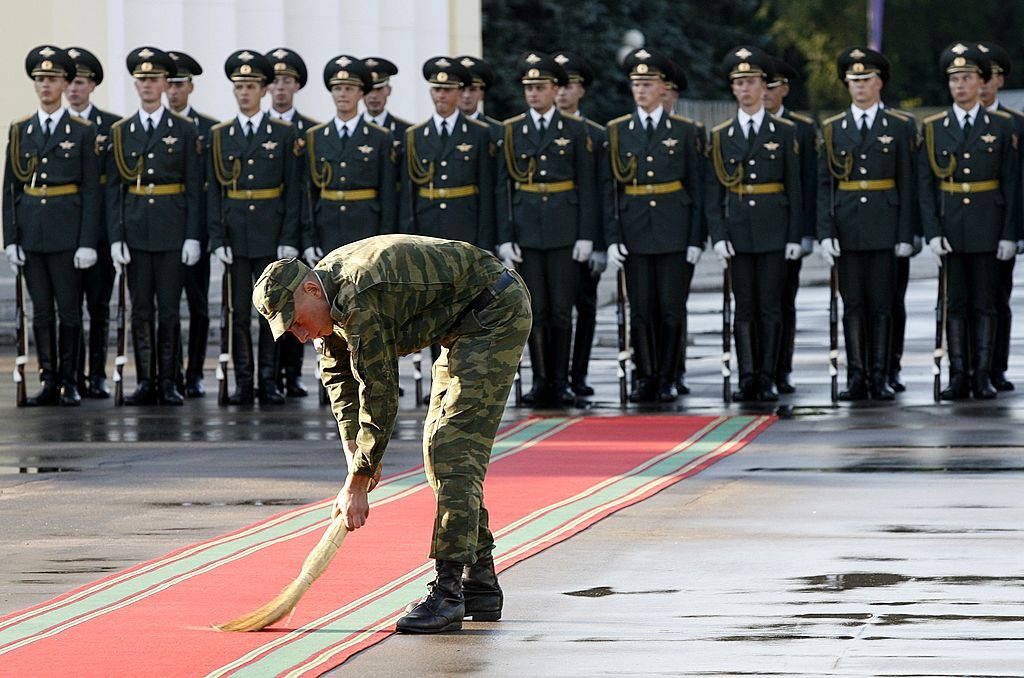
A fundamental reconfiguration of the EU’s policies toward its non-EU European neighbors is already underway. The most noteworthy developments over the past two years were the decision to open EU accession negotiations with Ukraine and Moldova, and to grant Bosnia-Herzegovina as well as Georgia EU candidate status.
While the Western Balkans countries have had EU membership prospects for over 20 years, the fate of the Association Trio – Ukraine, Moldova, and Georgia – had until recently remained unclear. Only after Russia’s full-scale war did the European Commission take the lead in convincing the EU’s member states to change their attitudes not only toward Kyiv but also toward Chisinau and Tbilisi.
Another momentous institutional change in response to Russia’s full-scale invasion was the establishment of the European Political Community (EPC) initiated in May 2022 by French President Emmanuel Macron. The EPC, which includes 47 European states, including Türkiye, is aimed at rebooting the EU’s relations with Europe’s non-EU states and establishing a new sense of commonality amid the normative, political, and economic challenge posed by Moscow and its anti-Western allies.
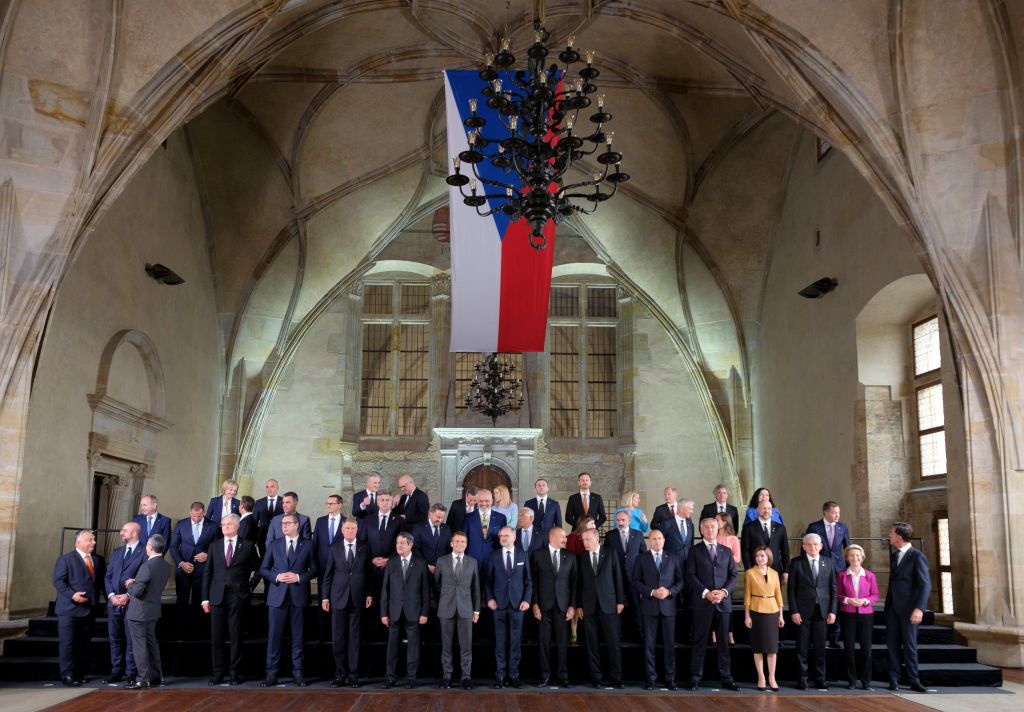
However, the prospects of the EPC, more narrowly, and the impact of the motives that led to its establishment, more broadly, remain to be seen. They will crucially, although not exclusively, depend on the EU’s willingness, ability, and success in deepening its relations and integration with Europe’s non-EU states. Because the EPC comprises a disparate group of states, novel generic initiatives like this can only function as a discussion and networking forum, and will help little in the concrete planning as well as practical implementation of relational improvements.
Deepening cooperation with the nations most directly affected by Russian aggression is not the only task of the day. It is necessary to expand collaboration on security and resilience issues also with other non-EU European states, like the U.K., Azerbaijan, and Türkiye. The EU must promote more exchange on the deterrence and containment of Russian and other anti-Western threats against Europe, whether kinetic, hybrid, psychological, political, or economic.
Moreover, deeper and wider cooperation in areas not directly related to security and defense is also important. This ranges from promoting industrial innovation to ensuring better social and environmental protection as well as greater gender equality, scientific progress, and cultural exchange. Today, deeper integration in these areas is not only just an expression of normative preference for transnational humanism, Europeanism, or liberalism. It has become a matter of self-preservation.
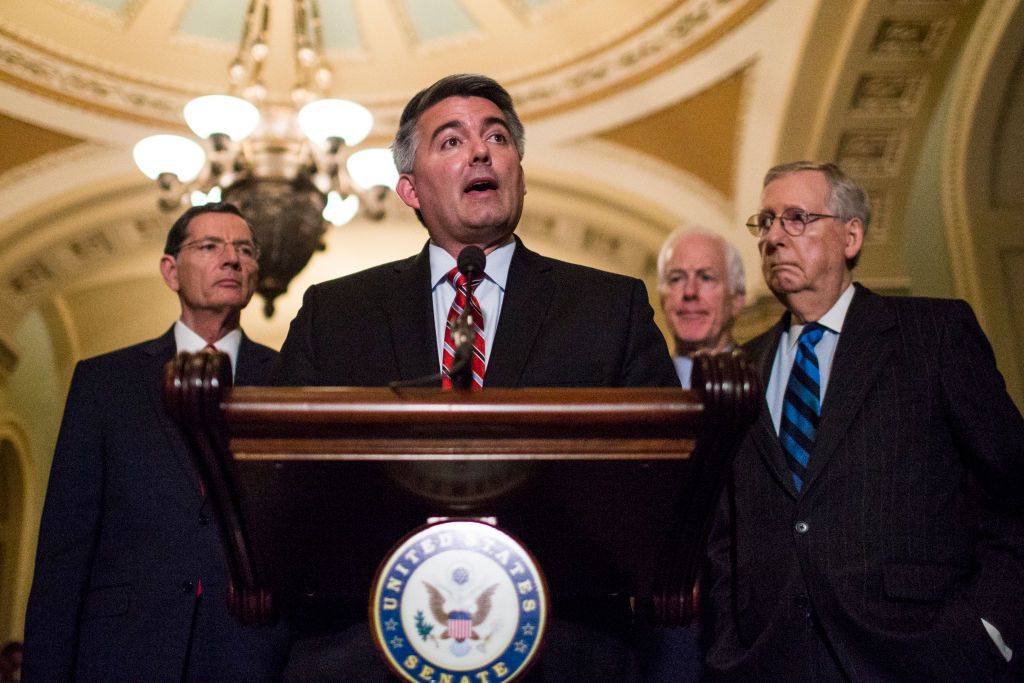
If Europe’s democracies do not stick closer together, they are in danger. Russia and other anti-Western powers are looking for weak links, i.e. unconsolidated polities and vulnerable societies they can undermine and attack. Russia and its allies will attempt to transform such states’ military, institutional, and societal weaknesses into fundamental challenges not only of the target nations, but also for the rest of Europe.
An old observation by prominent political scientist Charles Tilly asserts that not only do states make wars, but wars also make states. The current tense situation in Europe will be a test whether a transnational extrapolation of this rule also applies. Will Russia’s war against Ukraine strengthen or weaken the European community of states? The next years will tell.
Editor’s Note: The opinions expressed in the op-ed section are those of the authors and do not purport to reflect the views of the Kyiv Independent.
